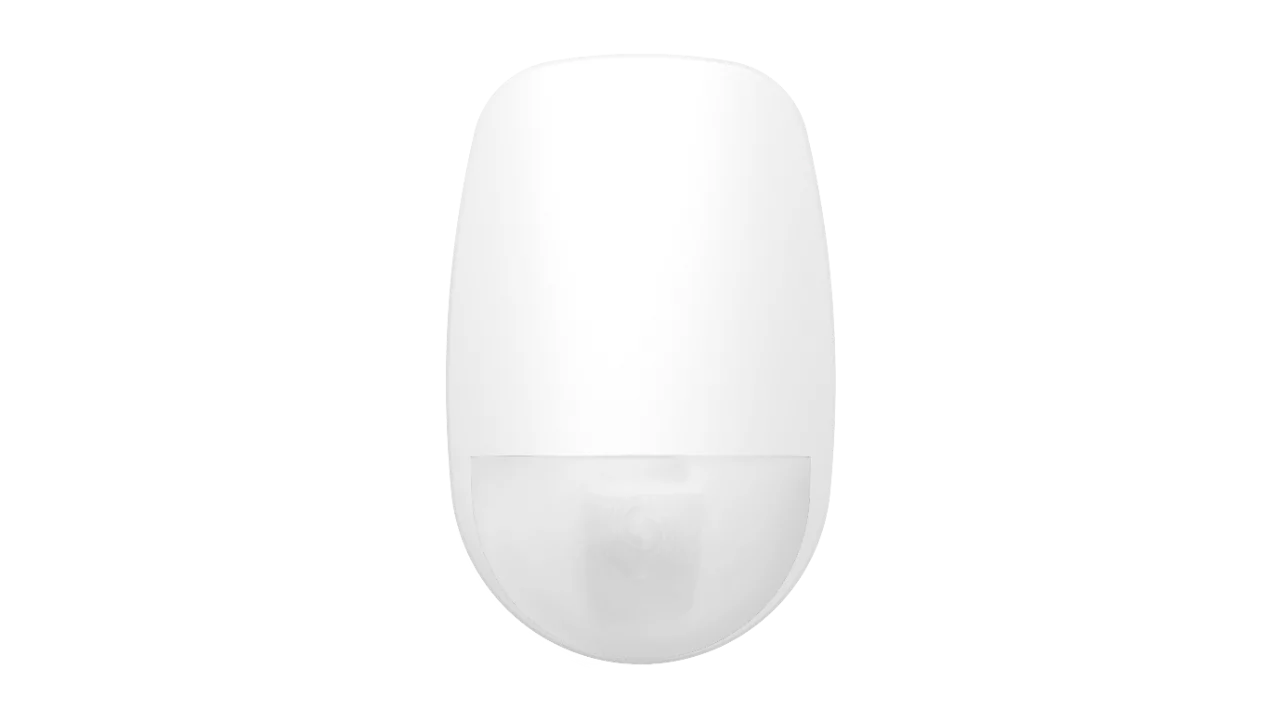Dahua SSD NVR: What are the Benefits of Solid-State Storage
Dahua NVR SSDs are high-tech devices that record and store video from surveillance cameras using a fast and reliable solid-state drive. These systems provide excellent performance and efficient video data management.
Advantages of SSD NVR
Compared to hard drives, NVRs that use solid-state drives (SSDs) offer several key benefits:
- Faster performance: SSDs are much quicker at reading and writing data, resulting in faster video recording.
- Enhanced reliability: SSDs are more durable and less prone to damage from shocks and vibrations.
- Lower power consumption: SSDs use less energy, reducing operating costs.
- Smaller and lighter: SSDs are more compact and lightweight, making them easier to install and integrate.
Disadvantages of SSD NVR
While SSD NVRs offer many benefits, there are also some potential drawbacks:
- Higher cost: SSDs are generally more expensive than hard drives for the same amount of storage.
- Limited storage capacity: While increasing, SSDs may not offer the same high storage capacity as hard drives at a comparable cost. This is crucial for systems that need to store a large volume of video.
- Limited write cycles: SSDs have a finite lifespan in terms of how much data can be written to them, which is important for continuous recording applications.
- Environmental sensitivity: The performance of some SSDs can be affected by extreme temperatures or other environmental conditions.
- Data recovery challenges: Recovering data from a failed SSD can be more difficult and expensive than from a hard drive.
Before choosing an SSD NVR, it's crucial to carefully consider your specific requirements and budget to ensure that the advantages of an SSD solution outweigh the potential drawbacks and costs.
Here are some examples of NVRs that utilise SSD storage:
1. NVR4104-P-4KS3(960G)
2. NVR4108HS-4KS3(960G)
3. NVR4104HS-4KS3(960G)
4. NVR4104HS-P-4KS3(960G)

